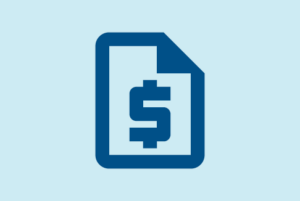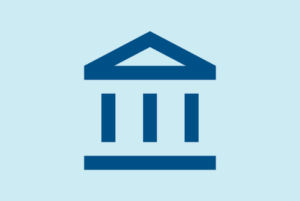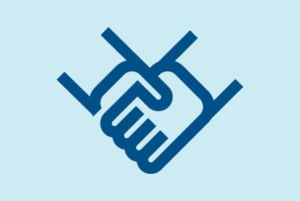On March 6, the Senate passed the American Rescue Plan Act of 2021, a $1.9 trillion COVID-19 relief package focused on vaccines, testing, public health, and aiding individuals and families. The Senate made some changes to the House-passed version, so the House will need to vote on the Senate version before sending the measure to President Biden for his signature. Among the CHA-supported provisions important to hospitals and health systems are:
- $20 billion to establish a national vaccination program and improve distribution and administration of vaccines
- $47 billion for testing, diagnosing, contact tracing, and mitigation of COVID-19
- Expansion of Medicaid and Children’s Health Insurance Program (CHIP) coverage by allowing states the option to extend benefits from the current 60 days to a full 12-month period postpartum
- Requirement that Medicaid and CHIP cover the administration of vaccines, drugs, biologics, or services used to treat or prevent COVID-19. These services must be provided without cost sharing and will be matched at 100% FMAP.
- $350 billion for state and local governments to help mitigate the fiscal effects of the pandemic. Of these funds, it is expected that California state and local governments will get about $41.2 billion.
- Increased and expanded Affordable Care Act Marketplace subsidies. The bill provides subsidies for individuals with incomes above 400% of federal poverty level (FPL); caps premiums at no more than 8.5% of income; and provides that individuals making between 100% and 150% of FPL pay no premiums.
- Expansion of the public health workforce by providing $7.6 billion for, among other activities, establishing, expanding, and sustaining the public health workforce through awards to state and local health departments. Positions supported include community health workers, social support specialists, contact tracers, and public health nurses. The bill also allocates $800 million for the National Health Service Corps.
- $220 million in mental health funding. This includes evidence-based education funding for health care professionals, grants to support community-based harm reduction services, and funds to address increased community behavioral health needs worsened by the COVID–19 public health emergency.
CHA appreciates inclusion of these provisions, but is disappointed Congress did not provide additional direct relief for hospitals beyond the $8.5 billion designated for rural providers. CHA will continue to work with its national partner, the American Hospital Association (AHA), to urge policymakers to take swift action to assist hospitals with the extraordinary expenses and losses due to the pandemic. A recent AHA report notes that in 2021, hospital revenue losses are expected to be between $53 billion and $122 billion.
Additionally, CHA continues to engage with the delegation to support further extension of Medicare sequestration relief and flexibility for Medicare Accelerated and Advance Payment Program loan repayment. These and other COVID-19 legislative priorities are highlighted in CHA’s Feb. 4 Alert and recent letter to the Congressional delegation.



